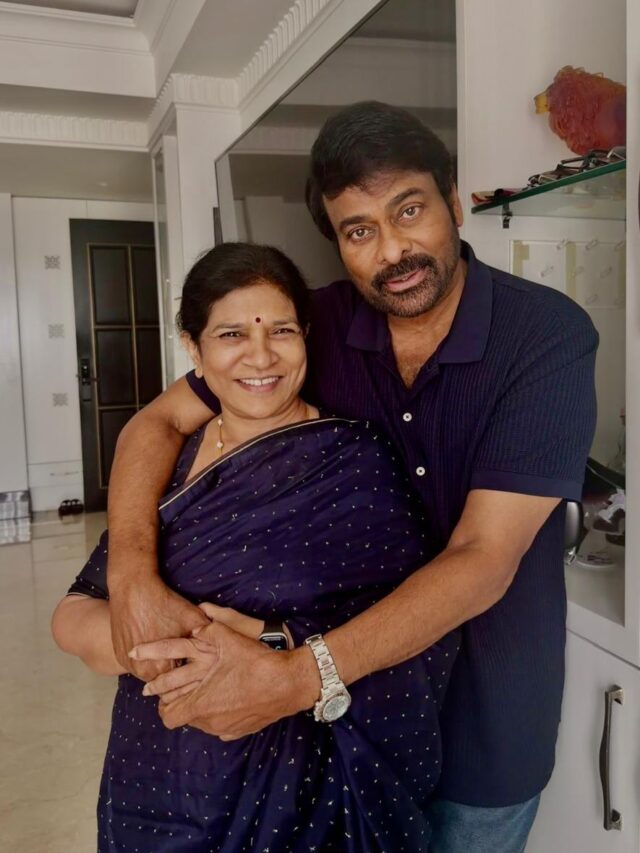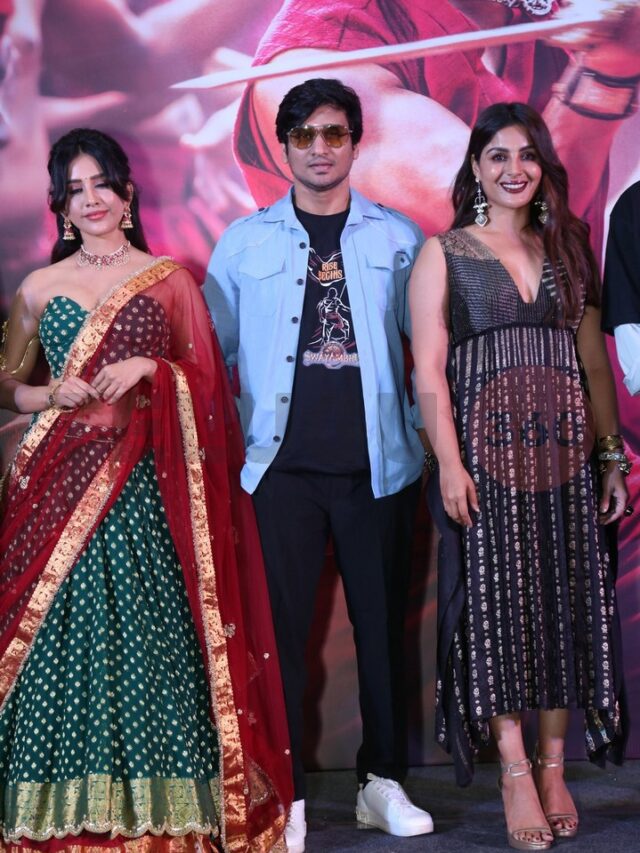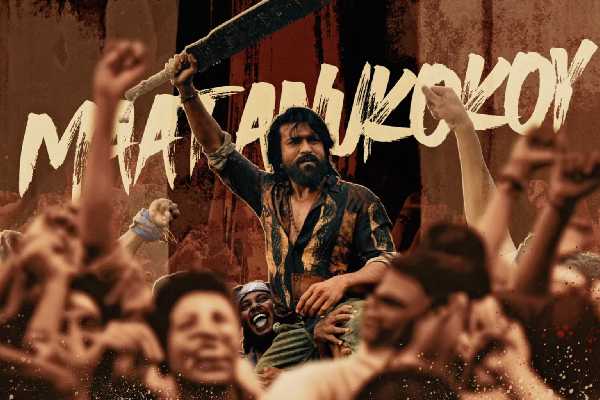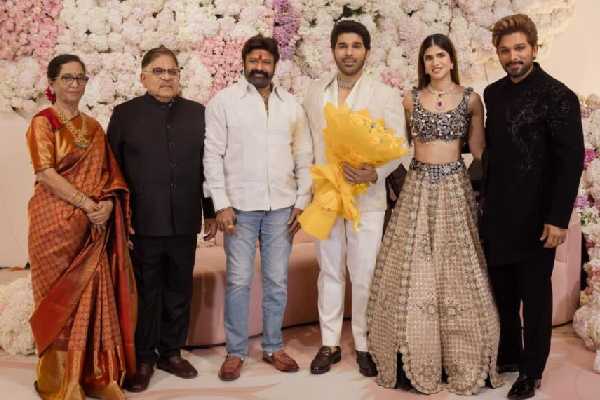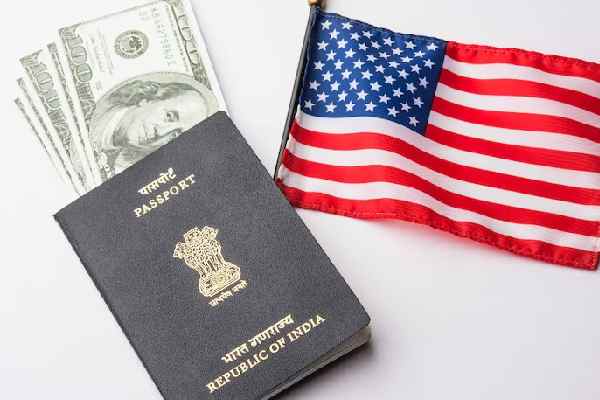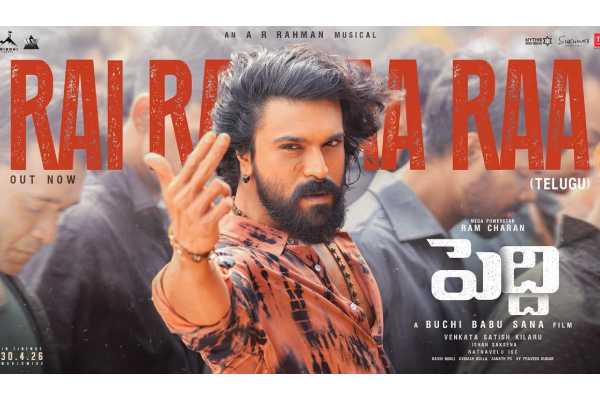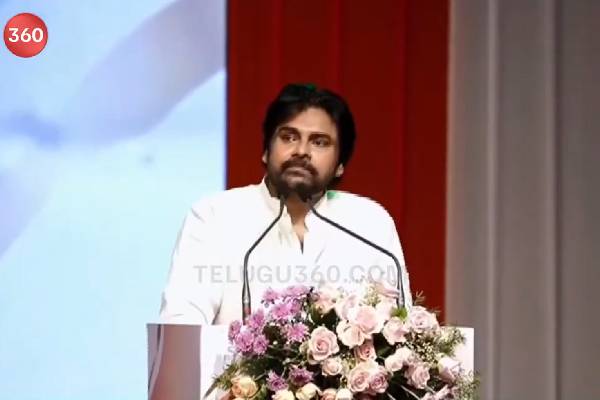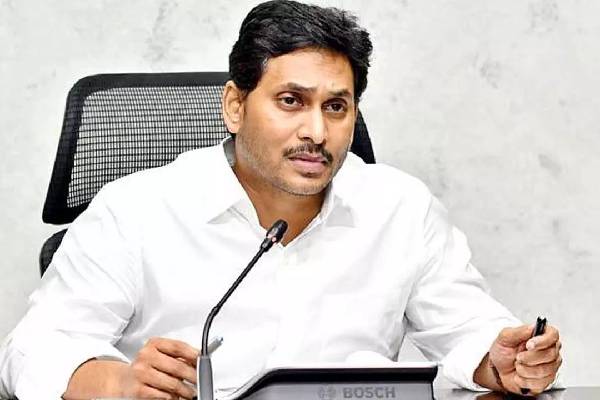The Rajya Basha Vibhag’s Golden Jubilee celebrations commenced on a grand scale at the GMC Balayogi Stadium in Hyderabad. Deputy Chief Minister attended the event as the chief guest and highlighted the richness and relevance of the Hindi language. He emphasized the need for learning Hindi, calling it a unifying force in a linguistically diverse nation.
While elaborating on the importance of Hindi, he referenced his film Khushi. He spoke about the inclusion of the Hindi song “Ye Mera Jahan…” in the movie, sharing how it stemmed from his deep admiration for the language and its music.
Pawan Kalyan drew historical parallels to show India’s cultural and linguistic integration—mentioning that Jana Gana Mana, originally a Bengali song, became the national anthem; that Bhagat Singh, a Punjabi, became an icon of revolution; Maharana Pratap from Rajasthan symbolized valor; and Dr. APJ Abdul Kalam from Tamil Nadu rose to become the Missile Man of India.
He also recalled how the tricolour flag, now the national symbol, was first conceived by someone from the Dravidian region under the Madras Presidency. These examples, he said, reflect the beautiful mosaic of India’s languages and cultures.
Pawan Kalyan, in his remarks, stressed that every language is a living language and should be respected as a mother tongue. Amidst this linguistic diversity, he said, Hindi has emerged as the official language that connects the nation. While we speak our mother tongue at home, Hindi serves as a common language once we step beyond our household boundaries, he said.
Pawan added that while the world searches for reasons to divide, India has found a reason to unite through its official language—Hindi. He explained that whether it’s Telugu, Tamil, Kannada, Malayalam, or any other language, we all hold our mother tongues in high regard. But if our mother tongue is like our mother, then Hindi, he described poetically, is like an elder sister who helps us connect with the larger national family.
With education, healthcare, business, and employment becoming increasingly multilingual, he argued that rejecting Hindi or resisting it could limit opportunities for the next generation. Learning Hindi, doesn’t mean losing one’s identity, it’s about strengthening it. Embracing another language doesn’t mean surrendering, it means walking together.
He drew a parallel with English, noting that learning it enabled many to thrive in the IT sector. Similarly, learning Hindi, which is spoken by a majority across the country brings more benefits than drawbacks.
Pawan Kalyan also pointed out that 31% of South Indian films are dubbed in Hindi, boosting their commercial success. In a world where business thrives on communication, he questioned why people hesitate to learn Hindi when it clearly helps expand markets and revenues. He criticized those who politicize the issue, asking why we should be ashamed to claim Hindi as our own.
“Let’s embrace Hindi. Let’s make it ours,” he concluded.












